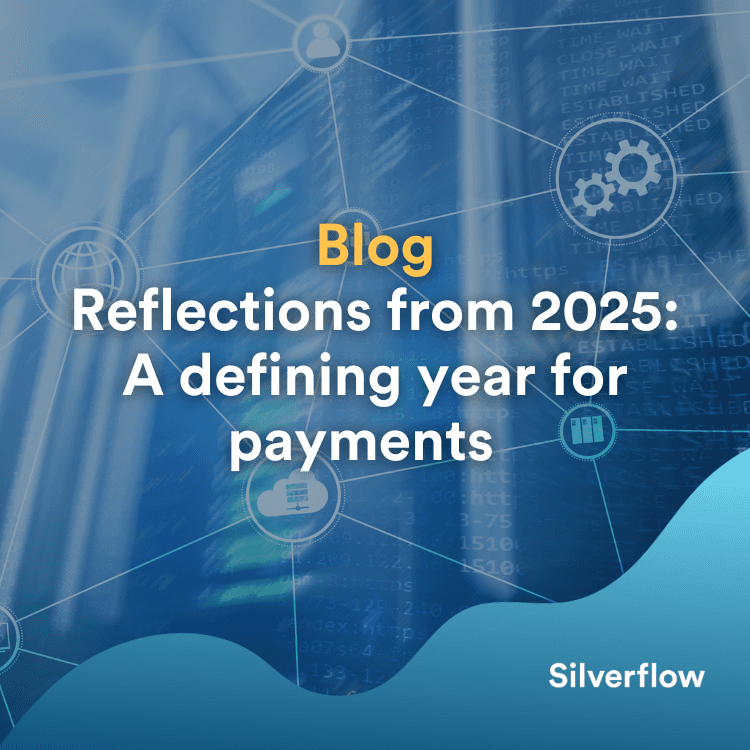Why Frictionless Payments are Vital for Merchants
Picture this: you’re shopping online at a store you’ve never shopped at before. You find something you absolutely love so you place it in your cart. You go to the checkout, but surprise- you need to create a login before you can pay. 5 minutes later you are ready to checkout, but now the shipping costs are added and they are insanely expensive. You give up and shop somewhere else, frustrated. Sound familiar? Research shows that roughly 76% of customers abandon their carts while shopping online. They do this for a variety of reasons like hidden fees, high shipping costs, or being required to create an account. You can imagine how important frictionless payments are for merchants. The easier the experience is for the customer, the more likely they are to buy something from the merchant. Frictionless payments help merchants increase revenue, reduce their costs and improve their customer experience.

Picture this: you’re shopping online at a store you’ve never shopped at before. You find something you absolutely love so you place it in your cart. You go to the checkout, but surprise- you need to create a login before you can pay. 5 minutes later you are ready to checkout, but now the shipping costs are added and they are insanely expensive. You give up and shop somewhere else, frustrated. Sound familiar?
Research shows that roughly 76% of customers abandon their carts while shopping online. They do this for a variety of reasons like hidden fees, high shipping costs, or being required to create an account. You can imagine how important frictionless payments are for merchants. The easier the experience is for the customer, the more likely they are to buy something from the merchant. Frictionless payments help merchants increase revenue, reduce their costs and improve their customer experience.
What do we mean by frictionless payments?
A frictionless payment is one that’s easy to use, secure, fast and convenient. Uber is famous for bringing this type of experience to taxi rides, and Amazon is trying to do with its new store concepts. But how can this be made available to every interaction cardholders make?
When all of this is done right, it minimises the time it takes to complete a transaction, making it as easy as possible for customers to complete their purchases.
What can cause friction?
As we discussed in another article, there are a few entities involved in the payment process and if any of these are not optimised for volume, speed or security, this can cause a big problem.
How does this affect the customer experience?
According to research, consumers abandon their shopping carts 50% of the time because the checkout process is too long and complicated. Consumers also say that on average they are willing to wait less than 10 seconds for their credit card to be verified.
In fast-paced, often impulsive sectors such as gaming, this is more important than ever. If a payment takes too long to process, this can seriously interrupt their game experience. Gamers globally expect to see familiar payment methods available as well as speedy and simple checkout flows.
Removing friction from the payments experience can have a significant impact on revenue, conversion rates, and customer loyalty.
As a merchant, How do you implement a frictionless payment system?
If you’ve not done so already (don’t stress!), check if your acquirer is using the latest technology for processing your payments. Payment processors are third-party companies that are responsible for verifying transactions directly with the schemes such as VISA, Mastercard, and others on behalf of the acquirer.
As many of the traditional payment processors still use legacy systems (some are up to 40 years old), this can add friction resulting in low authorization rates and frustrated shoppers. We know that for merchants, the cost of customer acquisition has never been higher. You’re already having to deal with complex e-commerce platform rollouts and order fulfillment processes – don’t let sub-optimal payment processing distract you from focusing on your valuable customers.
Merchants are taking more direct control over their payment flows, acting as a PSP (payment service provider); directly connecting to the card networks to be able to remove as much friction as possible, improving cardholder experiences.
Because PSPs are struggling to find acquirer processing platforms that match their speed of deployment, ease of use, and true cloud-first and API approach, more and more PSPs are becoming acquirers themselves. This allows them to improve the service they offer their customers (the merchants). Cloud-native platforms, such as Silverflow’s API, provides one connection to all the card networks- meaning no more multiple connections, no more complicated integrations, and faster and more secure payments.
Conclusion
In conclusion- frictionless payments is no longer a “nice-to-have.” It’s vital to keep your customer experience smooth and easy, enabling your customers to buy your stuff! Now get out there and lower that cart abandonment rate- one frictionless payment at a time!
Read also

Silverflow Product Releases Q1 2026
Welcome to your quarterly update on the latest and greatest product releases from Silverflow. Find out what's new and see...

Reflections on 2025: A defining year for payments
2025 will be remembered as a year of transition for the payments industry. Not because of a single breakthrough, but...

Your ledger: The (financial) core of the business
For fintechs and payment providers, the ledger is far more than a backend system. It’s the foundation of every transaction,...